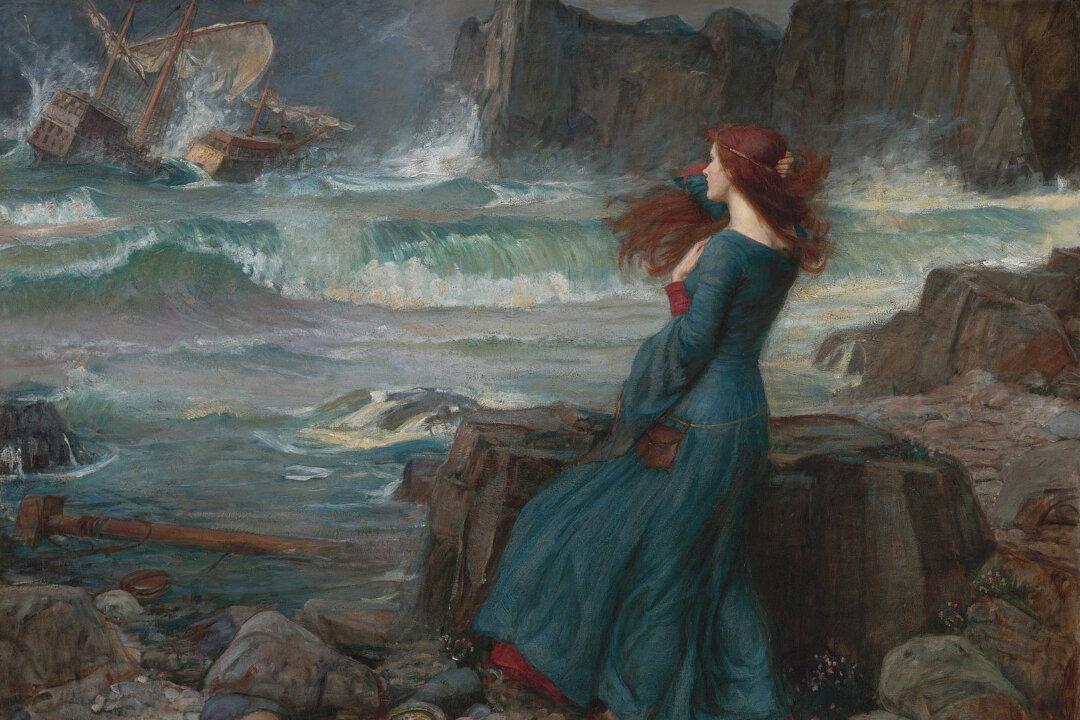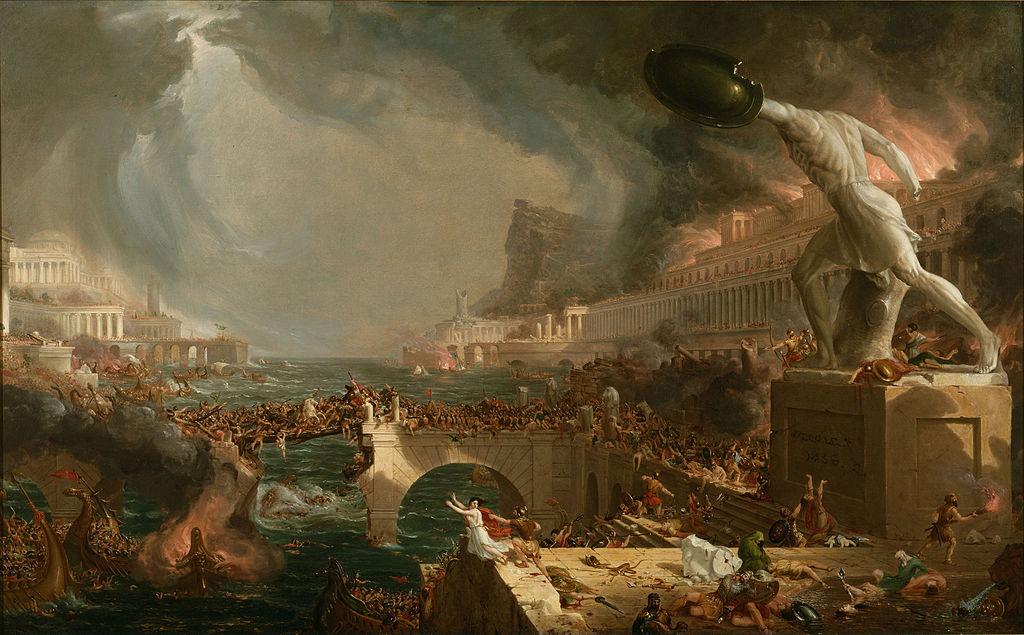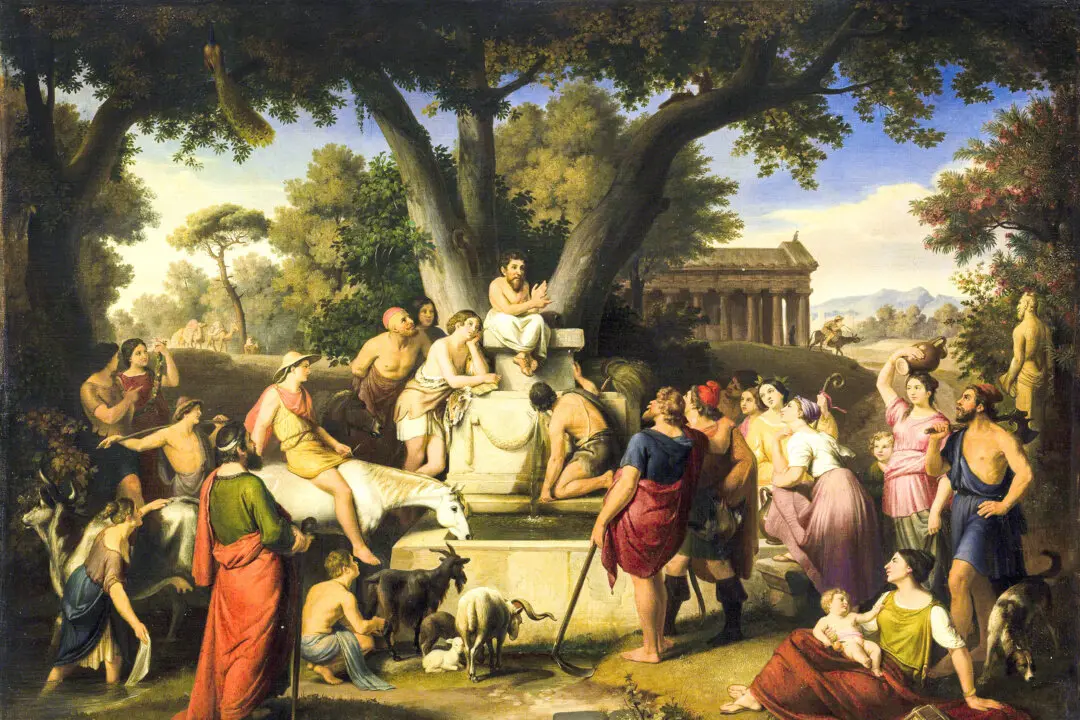O wonder! How many goodly creatures are there here! How beauteous mankind is! O brave new world, That has such people in’t!
These lines are from Shakespeare’s “The Tempest,” a play that abounds with nefarious characters: an usurping prince, two amusing but vile conspirators, a brutish creature, and a few others.Miranda jests when she exalts the “brave new world.” Daughter to the all-powerful magician and ruler of the island, Prospero, the girl had never been exposed to humans, except for her father and his half-human servant, Caliban.






